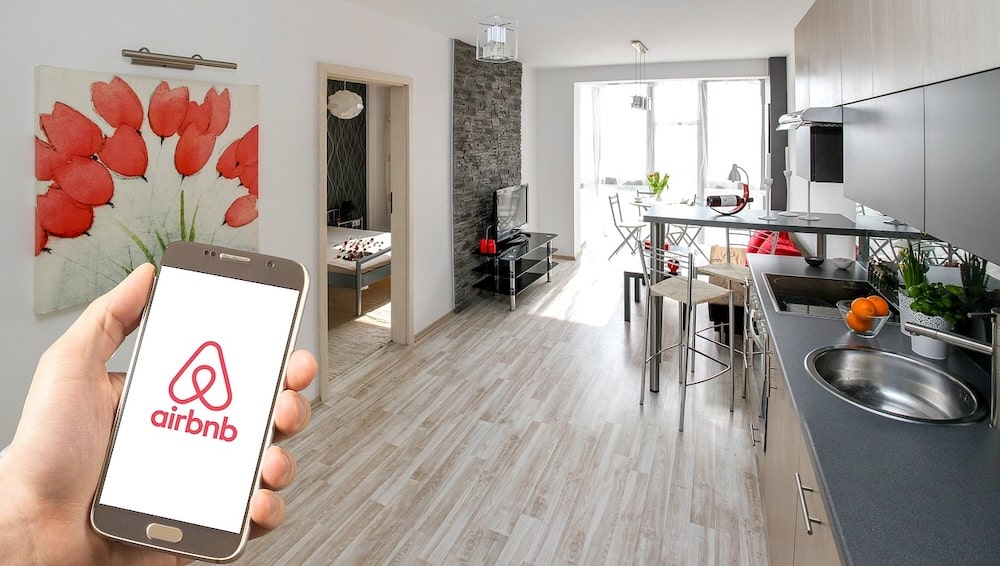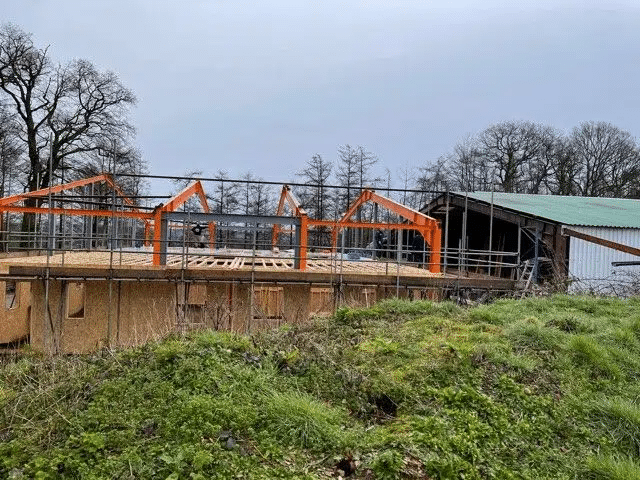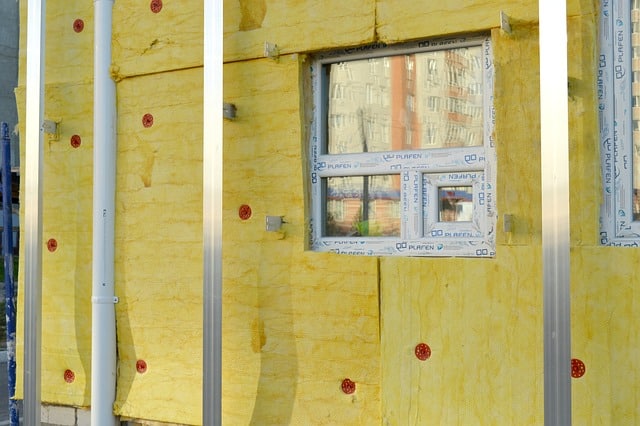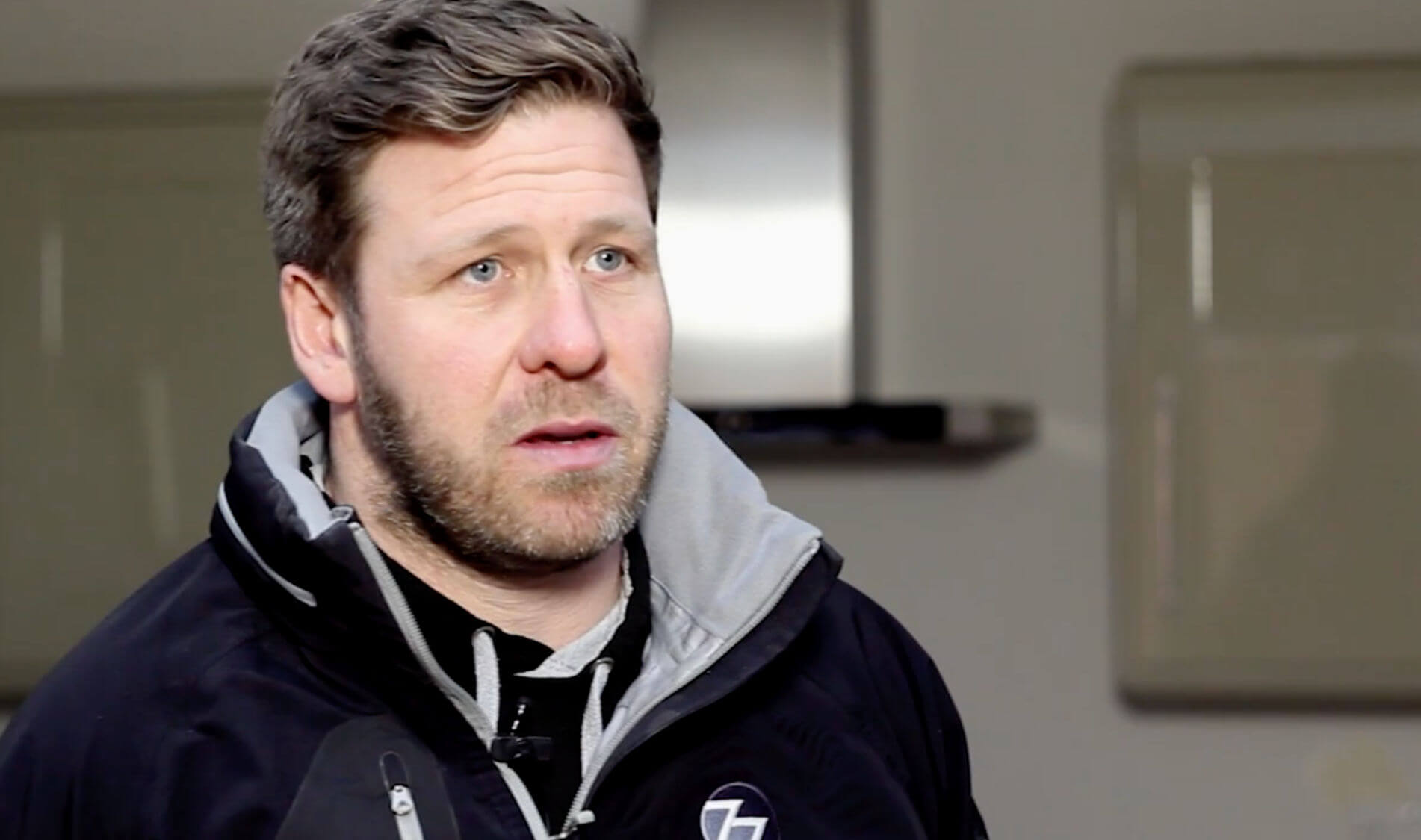For property developers up and down the country, but especially in the South East where costs can be higher, managing cash flow is vital to the success of any project. Regardless of whether you’re converting a semi-detached house into flats, developing a 3-bedroom family home or working on a multi-unit residential development, running out of cash can completely derail a project.
Aside from the financial implications, running out of cash can be a stressful experience that leaves you scrambling for solutions. In this article, we explore practical methods to manage cash flow, predict issues before they arise, and outline what to do if you need it.
Property Developer Cash Flow Management Advice
Sometimes things happen beyond our control and they can have knock-on effects. Whether it’s changing market conditions, rising interest rates, or even wars and pandemics, we can’t always see them coming. That said, there are plenty of things you can do to manage your cash flow and predict problems before they come up. Let’s take a look.
Plan, Plan, Plan
As part of your overall development proposal, a robust financial plan is the best way to stop problems before they start.
- Start with a comprehensive and realistic budget: Include land acquisition costs, planning permission fees, design and construction costs (architects, materials and labour), legal fees, and contingencies for unexpected costs. They will happen.
If possible engage with an experienced developer, consultant or lender to stress-test your plan under worst-case scenario conditions to see if it holds up.
- Forecast cash flow: Map out when funds will become available to you (drawdowns from development loans, property sales etc.) and when payments will go out (contractors, materials, interest repayments). By mapping out everything in advance you can look at the whole project and predict where and when pinch points might happen.
- Factor in delays: Delays in planning approvals or construction are very common. Building contingencies into your plan to account for these delays should help you ride out any tough moments.
- Establish a contingency fund: Set aside between 5-15% of your total project budget for unexpected expenses.
Use Flexible Payments
Flexible payment terms and staged payment plans can help manage cash flow during your project and allow you to line up payments for times that suit you. This could include agreements with contractors or suppliers to pay based on project progress such as key milestones or dates, or when materials are received.
If you know when these payments are due, you can work with your lender to create a drawdown schedule that aligns with these key dates.
Monitor Your Cash Flow Regularly
Put simply, you must monitor and keep track of your cash flow for the entire project duration. There are several ways to do this:
- Review weekly: Set aside time to update your cash flow projections weekly. Keeping on top of things allows you to spot and address issues early. For example, mounting unpaid invoices or rising costs could signify a problem in the future, as could wider economic or local market news.
- Use software tools: Property-specific accounting software or cash flow management tools can streamline this process, providing real-time insights and recommendations. Examples include Sage, Futrli, Agicap and Deloitte and others.
What to Do If You Face a Cash Flow Problem
Even with the best planning, cash flow problems can arise. The key is not to panic and assess your options rationally before deciding on a course of action.
For example, you could renegotiate payment terms or restructure loan agreements to release some of the pressure. Many lenders and suppliers are flexible if you are open with your situation and eager to work together to fix it.
Secondly, you could seek alternative finance in the form of a bridging loan, pre-completion loan or exit finance, depending on where you are in your project.
- Bridging loans are short-term loans that are meant to ‘bridge’ the gap in funding. They’re commonly used by property developers of all sizes to keep projects on track and see them to completion.
- Pre-completion loans are similar but they are meant for projects that are almost complete (hence the name). They’re intended to buy more time to finish the build before it’s sold or refinanced.
- Exit finance is used to pay off any existing debts, loans or obligations on a completed project before it is sold. Because the asset is completed, the loan represents a lower risk for lenders and often comes with a lower interest rate as a result.
If you find yourself with a cash flow problem, don’t hesitate to contact us. We work with developers of all sizes across the South East to finance entire builds or get them over the line. We can offer expert advice to ensure your property development project stays on track.






